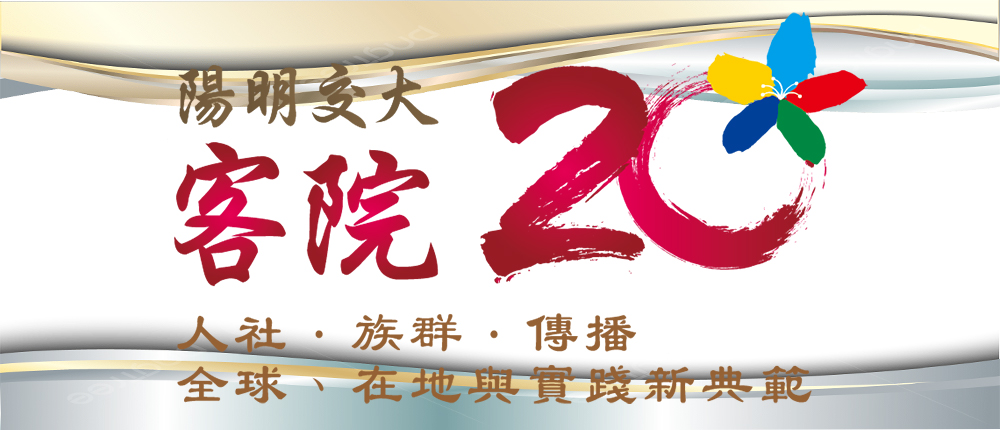The main objective of the Workshop is to explore the "Origin of Hakka" from different perspectives. The agenda includes four sub-topics: general introduction, formation, language and biology. The first session of the Workshop was hosted by Professor Cheng-Kuang Hsu with wonderful presentations from Professor Wei-Te Hsu, Professor Cheng-Hui Lin and Professor Chung-Kuang Hsieh to start the day. The second session of the Workshop was hosted by Professor Ying-Chang Chuang. Professor Yu-Chou Chang from Fujian Longyan University investigated the formation of Hakka and brought different research perspectives to the Workshop. Professor Lieh-Shih Lo from the College of Hakka Studies, National Chiao Tung University used Chao-Lung Chen's "Hsinchu County Interview Book" as a resource to discuss the development of Hakka in Taiwan at the end of the 19th century. The third session of the Workshop was based on the theme of language, which was hosted by Professor Mei-Ling Pan, the main organizer of this Workshop. Professor Chao-Chin Lo began from linguistics and discussed the history of Hakka in terms of people, place and time, while Professor Chen-Fa Liu from the Kuala Lumpur Campus of Xiamen University emphasized the awakening and decline of Hakka consciousness. The last session of the Workshop was hosted by Professor Wei-An Chang. Based on DNA research, discussion and verification with the social as well as the cultural aspects of the origin of Hakka were conducted and presented by Professor Yung-Hsin Lin of the College of Biological Science and Technology, National Chao Tung University and the former researcher of the Department of Medical Research at MacKay Memorial Hospital, Mr. Tse-Yi Wang. Through the methods of contemporary biological science and technology, interdisciplinary cooperation and dialogue were carried out to conclude the Workshop. The final roundtable discussion was overwhelming. Not only academic discussions were performed in the Workshop throughout day, concerns for the topic of Hakka language decline were delivered.
For this important topic, although some issues were not completely addressed, it has opened a platform for interdisciplinary dialogue, highlighting the richness and development opportunities of Hakka research in the future.











